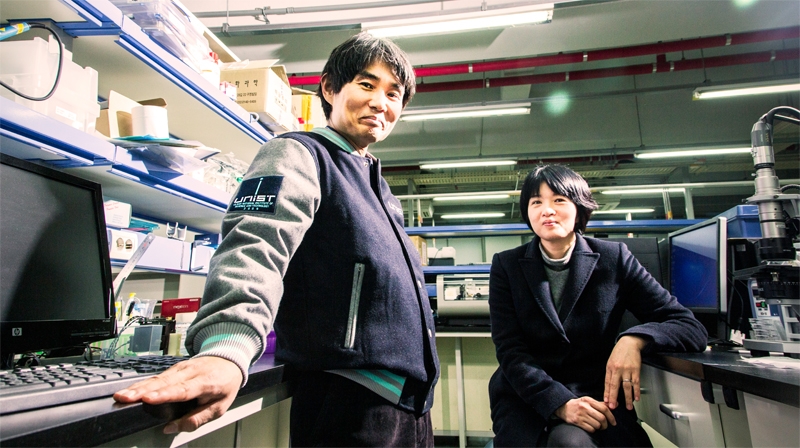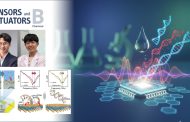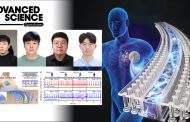Suicide is one of the leading causes of death that is increasing in prevalence worldwide. In recent years, researchers have been focusing on identifying biological signals, or biomarkers that can increase the accuracy of prediction of future psychiatric disorders, including depression and suicidality. However, the primary causes of suicide-related behaviors have not been fully understood, despite its high treatment success rates. Therefore, developing ways to more reliably predict and avert suicidal states is urgently needed.
On February 11, a team of researchers, led by UNIST announced that they may be on their way to developing a blood-based biomarker that could help determine individual risks of suicidal behaviors. This new project, supported by ‘Civil Military Technology Cooperation Center’, will be conducted with collaboration with Prof. Jong-Hwa Bhak (School of Life Sciences) and Yoon-Kyoung Cho (School of Life Sciences) at UNIST and the Armed Forces Medical Research Institute.
Biomarkers are used as a measurable indicator of a particular disease or a biological state or condition that can exist in the form of DNA, RNA, protein or other molecules. Moreover, biomarkers based on DNA, RNA, and proteins are increasingly used in many research and clinical applications, such as for cancer diagnosis and prognosis.
According to Prof. Bhak’s research team, blood-based biomarkers would likely lead to a much higher participation rate because they are easy to perform, affordable, and pose minimal risk to patients.
Prof. Bhak states, “Individuals react differently to the environment and to the people around them and this is partly due to their genetic factors. Using blood-based biomarkers, we can predict risk for self-harm and depression-related behaviors by simply studying the activities of certain genes. This can be done by measuring how much protein, RNA, DNA, and other molecules are produced within the bloodstreams of a patient.”
“Our ultimate goal is to develop a highly accrate blood-based biomarker that works against depression and help identify people at a higher risk of committing suicide,” says Prof. Cho.












